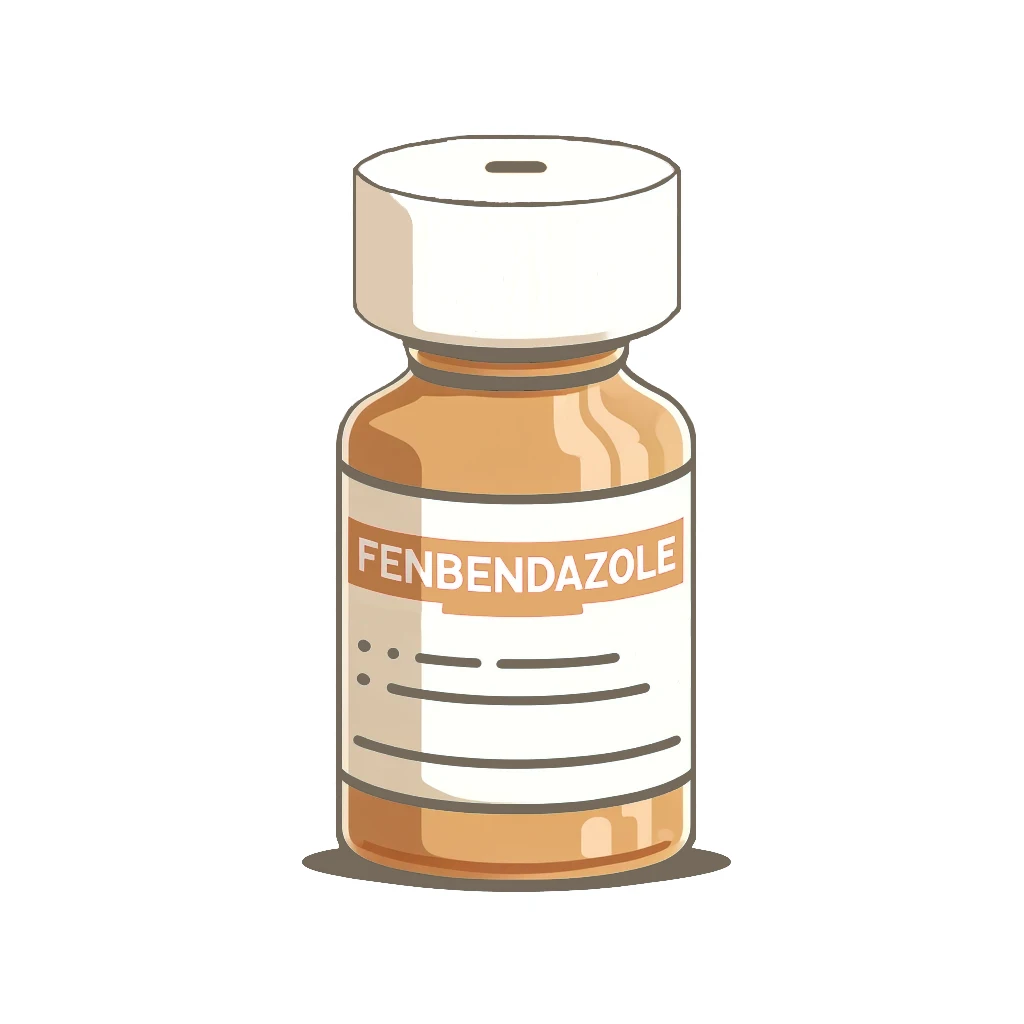
The following case study talks about partial surgical excision plus Fenbendazole with zero chemotherapy. A 64-year-old woman received a stage II diagnosis of sigmoid colon cancer. After some thorough research, she and her family decided to try Fenbendazole in place of chemotherapy.
Choosing Alternative Paths: Decision Against Chemotherapy Post-Cancer Surgery
Surgeons insisted my relative needed chemotherapy after the removal of their cancer. However, they refused this option, and the oncologist approved that decision. The family believes the reason for this is likely due to the patient’s age of 64.
The emergency stoma surgery was performed on Jan. 10, 2023. Then the tumor and surrounding lymph nodes were removed a month later, to prevent future metastasis.
The Start of Alternative Treatment
A month after both surgeries, the woman started using only Quercetin; it was available right away. Eventually, though, they were able to get the ingredients for the Fenbendazole protocol. The outcome of using these has been great.
3 Weeks Post OP
Three weeks after the operation, my relative also started taking the following:
- Quercetin 500 mg twice a day (every day).
- They then switched to regular Turmeric Root Extract 600 mg and Berberine 500mg.
- Fenben Lab Fenbendazole 222 mg, once per day.
After 6 Months: Clear Scans and a Natural Approach Without Chemotherapy

The CT scan on Aug. 17, 2023, colonoscopy, endoscopy, and tumor markers were all clear and normal, and that was without using any chemotherapy.
My family member is now preparing for reconstructive surgery (date unknown currently), they only take supplements and Fenbendazole daily.
- Because of its blood-thinning properties, Berberine was discontinued.
- Because it could conflict with the anesthetics used during surgery, the use of Turmeric was also discontinued.
Questions and Answers
Q: Age, sex, weight, height?
A: Age 64, F: 70 kg (154 lbs), 158 cm.
Q: What type of cancer was involved?
A: Colon cancer, stage II.
Q: What was the diagnosis?
A: “Sigmoid colon cancer, stage II; well-differentiated adenocarcinoma of the colon mucosa.”. 10mm x 40mm.
Q: What prognosis did the doctors give?
A: The first surgeon did emergency surgery (Jan. 10, 2023) to create a stoma only, as a life-saving treatment at the time, not tumor removal. Based on studies, he thought that there was metastasis to the kidneys and did not give more than 3 weeks of prognosis. Those were the only cysts on each of the kidneys—7mm and 17mm.
The second surgeon in a different city (Feb. 10, 2023) removed the tumor and surrounding lymph nodes to prevent future metastasis. They did not provide any prognosis but recommended a few chemotherapy treatments. The oncologists, however, would not advise or force their patients to do chemo against their wishes. I’m not sure if the patient’s age played any role here.
Q: What was your Fenbendazole protocol (dosage, frequency)?
A: Fenbendazole 222 mg once daily with a Sunday pause since Mar. 29, 2023, until present.
Q: What else did you take along with Fenbendazole, and when?
A: Berberine, Turmeric, and Quercetin twice a day (3/30/2023–4/27/2023). Along with continued use of the same Berberine supplement twice a day.
Q: When did they realize Fenbendazole was working?
A: The treatment with Fenbendazole started as soon as it was delivered, a few weeks after cancer removal surgery, while still recovering. The reason doctors suggested chemotherapy was just in case any cancer cells remained. With all the data I have found and forwarded to my relative, they decided there are fewer risks with this path vs. chemotherapy.

A CT scan on Aug. 17, 2023, was clear. Then a colonoscopy on Sept. 26, 2023, had no findings. These tests are needed for the next round of reconstructive surgery to remove and close the stoma and remove the gall bladder. Another surgery is needed to fix an abdominal hernia.
Q: Did they tell the doctor about Fenbendazole, either while they were self-treating or afterward?
A: No, since we know their opinion already.
Q: Are they taking Fenbendazole now as a preventative? If so, what is the dosage and protocol?
A: Yes, it’s the same as when it started initially—222 mg every day.
Q: Did they get any COVID-19 shots or boosters before developing this cancer?
A: No.
Q: Is there anything else you’d like to add that you feel is important for people to know about your experience using Fenbendazole?
A: I guess it’s good that some people dare to speak and share their experiences. If we have a good outcome, it might help someone else. Even if it’s just one person.
Q: When you tell others about how Fenben helped your relative, do they believe you?
A: No. When sharing it with other patients who are on chemotherapy, they want to continue their current treatment without considering anything else.
The Outcome: Celebrating 12 Months Cancer-Free

Reaching 12+ months post-surgery with no signs of cancer recurrence after declining traditional chemotherapy is very promising.
Choosing unconventional treatments like fenbendazole was a reasonable option given the circumstances. Continued monitoring will further validate the long-term success of this approach.



